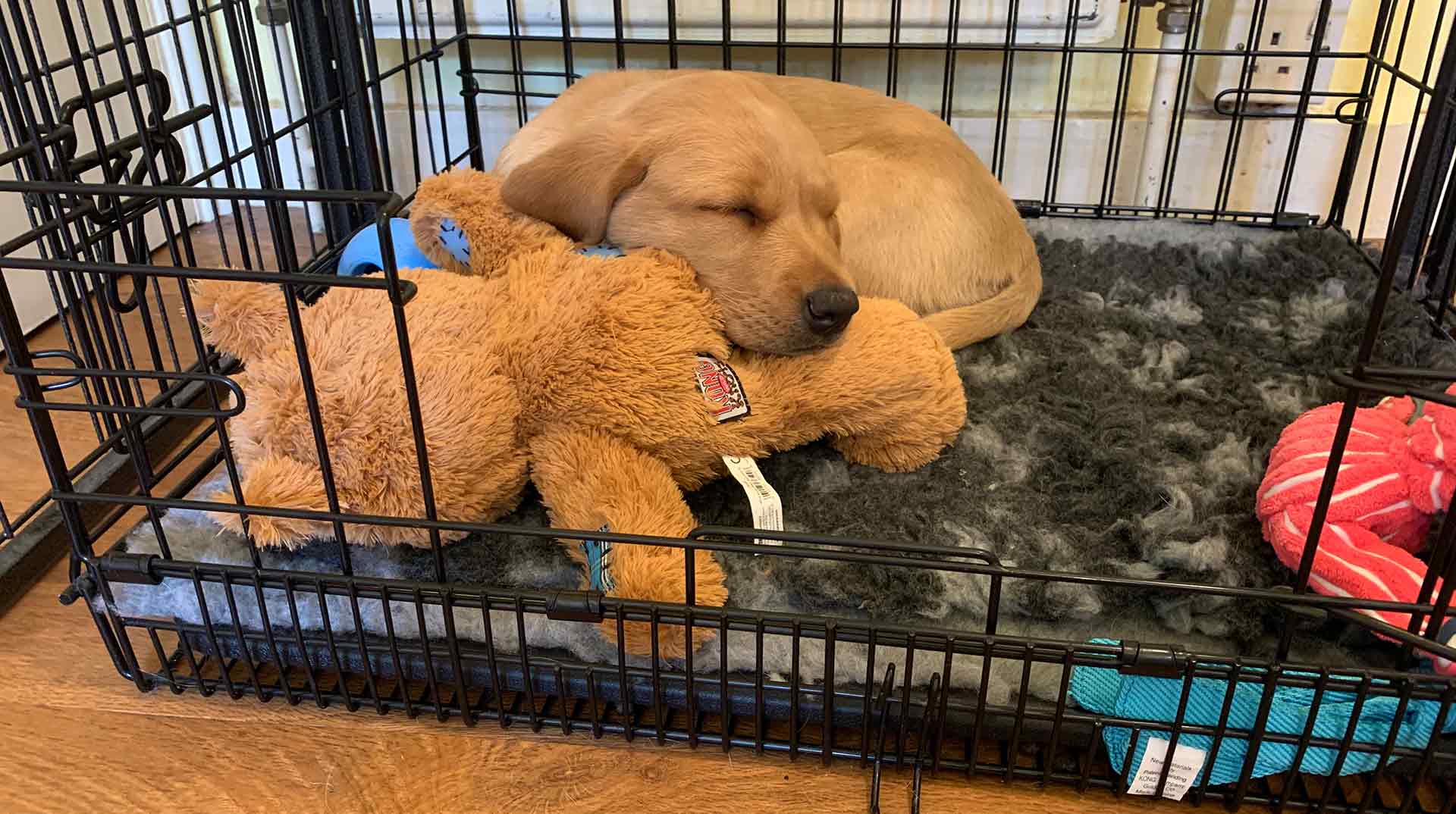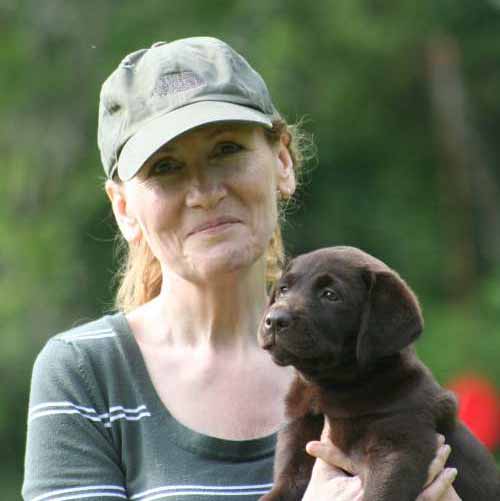Raise Your Perfect Puppy The Easy Way With Puppy Parenting Online
Get your puppy off to a great start with Pippa Mattinson and the Dogsnet Team
For Puppies From 8 Weeks Old
Perfect for those expecting a puppy or with puppies from 8 to 10 weeks old. Puppy Parenting focuses on puppies up to 3 months old. The course provides all the support and information that new puppy parents need.
(For dogs and puppies over 12 weeks, check out Foundation Skills)
NOW OPEN: PUPPY PARENTING COURSE IS OPEN FOR ENROLLMENT!
Here’s What You’ll Get When You Enroll
You'll receive top quality content, videos, training instructions, support, and discounts on further courses. You'll learn how to bond with your puppy, and you can start to use the information and play the training games from the very first day!
Here’s What People Are Saying About The Courses

The Dogsnet Online Training Program was launched at the end of 2019 and has had a fantastic reception. You'll find testimonials like these on all our registration pages.
STEPHANIE WITH BLUE FROM UK
Puppy Parenting
Fun And Satisfying
"Blue and I are absolutely loving the course. The games are great fun and so satisfying. Four days in and she's wonderful at sitting to say please and pausing for food"
SYLVIA WITH GINNY FROM USA
Puppy Parenting & Foundation Skills
Love Your Positive Style!
"Our puppy, Ginny, is 12 weeks old and is doing great, thanks in large part to your wonderful training program! We finished Puppy Training and are halfway through the Foundation Skills program. I just love your positive style".
JENNIFER & STEVE FROM CANADA
Foundation Skills
Win Win All The Way Around
“Having this online option allows us to train at our pace, in our preferred environment and when it best suits our puppy! Nothing but a win-win all the way around.”
What’s In The Course
The Puppy Parenting course consists of six modules. Check out the contents below:
About The Course Teacher, Pippa Mattinson
The Dogsnet training program was designed and written by British author Pippa Mattinson. Pippa is the creator of the UK Graded Training Scheme for pet and working gun dogs. And her best sellers "Total Recall" and "The Happy Puppy Handbook" have been translated into many different languages and sell around the world.
Pippa's books have thousands of wonderful reviews on Amazon and she's widely known for her ability to present dog training exercises in a fun and easy to follow way.
You'll love watching Pippa's demonstration videos and her lessons are packed full of fascinating dog facts and quality training advice.
People Love The Dogsnet Program
Puppy Parenting is a wonderful start to your dog training journey. But it is just the start! There is so much more fun ahead.
EMMA
with Moby
My Dog Is So Attentive!
“Loving the course, we're both having so much fun...whenever I go to the room I train him in he bounds after me and sits attentively ready to start!”
ROS
with 4 rescue dogs
Fun, Short, Achievable Sessions
“Me and my 4 are loving this course, it’s fun with short achievable sessions which in this busy life makes you want to train, as it isn’t a chore.”
SIAN
with Gwenni
So Helpful Having My Questions Answered
“I’ve learnt so much already about dealing with successes and failures” and “I’m benefiting from and enjoying the forum too and it’s sooo helpful having my questions answered.”
The Right Start
Puppy Parenting is all about getting your new puppy off to a great start and giving you the support and help you need to enjoy these precious first few weeks.
Raising a puppy can be much harder than many people imagine before they bring home their new friends. It's easy to get off on the wrong foot, ending up in constant conflict with your new puppy, which is why behavioral problems in dogs are so common.
We help you bond with your puppy and have fun together.
A well-mannered, obedient dog is your aim. Remedial training and behavioral consultations can cost $1,000s so we aim to help you avoid them!
The Puppy Parenting course will help you raise a puppy that listens to you, while you learn to change your puppy's behavior without fear or force.
Price
puppy PARENTING
Raising Your Perfect Puppy
was $197
now:
$
79
100%
MONEY BACK
GUARANTEE
100% Satisfaction Guarantee for 7-Days
We think you'll love Puppy Parenting, but if you don't, just let us know within 7 days and we'll give you a full refund.
Expecting A Puppy? Advance preparation is so helpful.
We recommend you enroll on the Puppy Parenting course 2-4 weeks before your puppy arrives. Don't worry if you can't do this, but it's nice to have time to absorb the first module before tiny paws are scampering all over your home!
A Message From Pippa:

"This is the course I wish I had had when I had my first puppy. I firmly believe that the more information you have, the happier you and your puppy will be.
I'm so excited to share my knowledge with you using the Dogsnet Online Training Program. It allows me to include so much more than I could ever put in a book. And I think you'll have hours of fun, putting these simple and effective strategies into practice!"
Pippa Mattinson